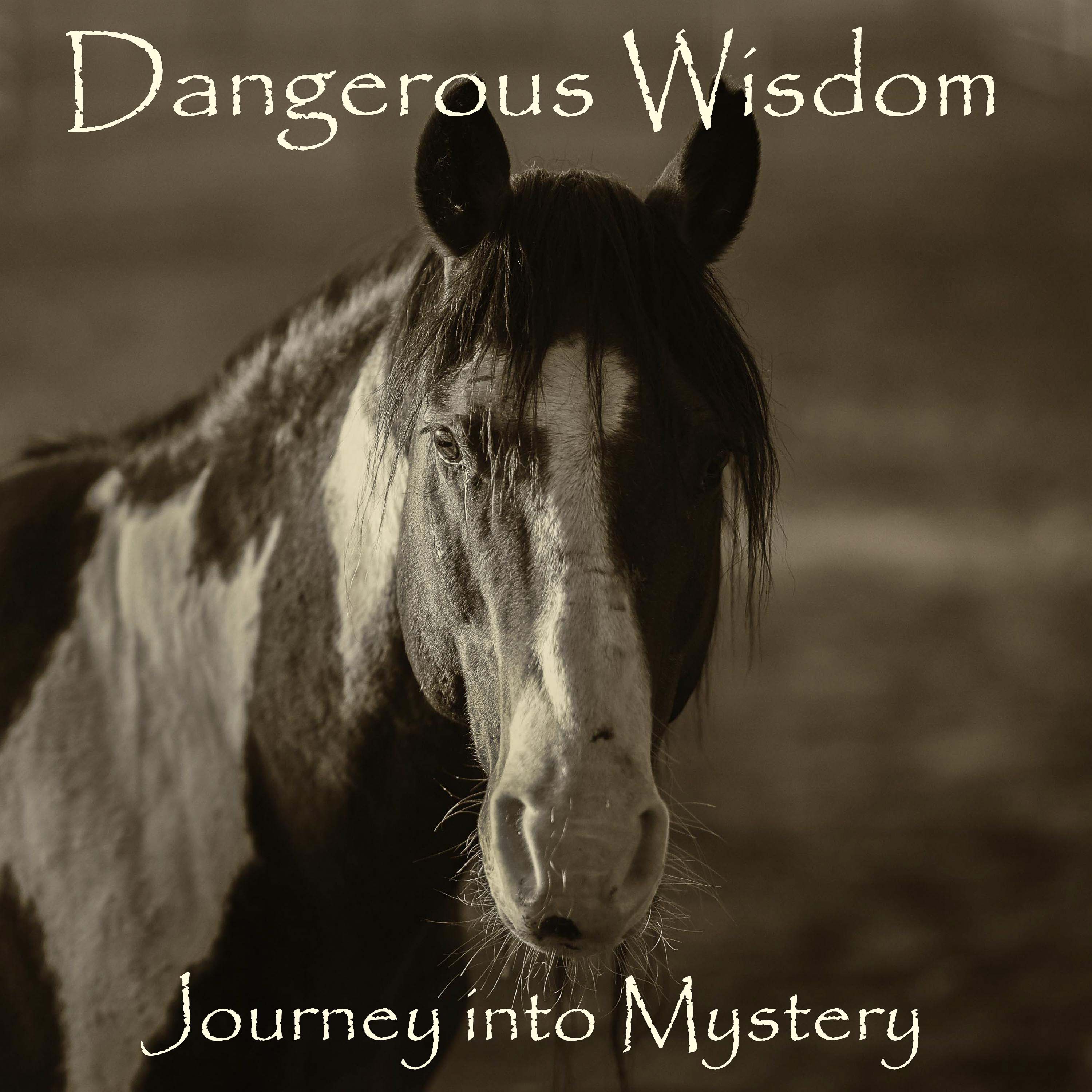The Wisdom of Scale and the Beauty of Smallness: Dialogue with Kate Rudd
Description
Kate Rudd joins us to talk about a short and highly accessible chapter from the classic book seeking to integrate economics and wisdom: Small Is Beautiful, by E.F. Schumacher. In honor of the 50th anniversary of the publication of Small Is Beautiful, Dangerous Wisdom will host a series of dialogues with faculty and alumni of Schumacher College.
Schumacher's book is exceptionally relevant today, as we have continued the pattern of insanity he sought to question, and his insights and suggestions still offer us the possibility to arrive at better ways of knowing and being, better ways of organizing our culture, and better ways of relating with each other and the larger world. Kate joins us to discuss the chapter on scale, and to discuss her own work in regenerative economics.
Kate is a multilingual research consultant, facilitator and writer working at the intersection of inner development, social innovation and transformational change. She supports organisations contributing to social and ecological regeneration to catalyse transformative change through insight, strategy and communication.
She holds and MA in Regenerative Economics with Distinction from Schumacher College and first-class undergraduate degrees in Applied Languages, Economics, and Law from universities in France, Spain and the UK.
At present Kate is:
· Collaborating with the UNDP’s Conscious Food Systems Alliance as a Local Food Systems Leadership Consultant.
· Conducting her own academic research at the intersection of food systems transformation and the inner dimensions of transformative change.
· Engaged in business incubation projects and content creation projects for several grassroots orgs promoting regenerative agriculture in Africa and Latin America.
Here's a link to Kate's research: https://drive.google.com/file/d/1DIVaeZu8BjPVBbDK4lveTq0YTlKO5-Au/view
More Episodes
Is trauma real? In what sense? These questions don't in any way deny the real suffering of people diagnosed with trauma. Instead, they ask how we might take a broader and deeper look at trauma, in order to heal and transcend it. How can we do better in reducing the emergence of traumatizing...
Published 10/31/24
Published 10/31/24
The dominant cultural worldview is based upon extraction and exploitation practices that have brought us to the precipice of social, environmental, and climate collapse. Braiding poetic storytelling, climate justice and deep cultural analyses, and the collective knowledge of Earth-centered...
Published 07/24/24


